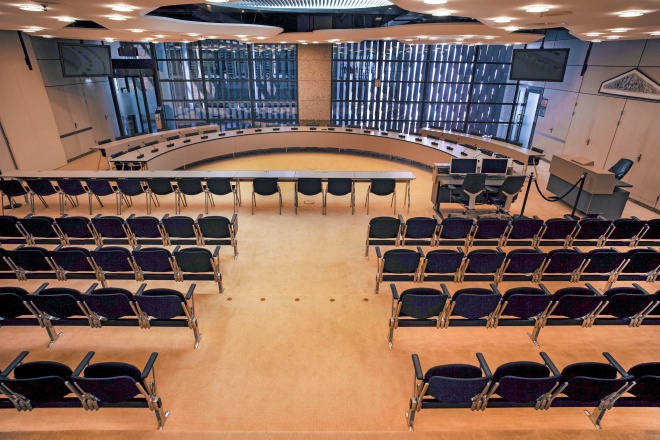Since September 2014, the Open Government in the EU blog scans English-language online news outlets for news on EU transparency. Please find below the news digest for 2016. See also the news report digests for 2020, 2019, 2018, 2017, 2015 (first quarter, second quarter, and second half), and 2014 (last quarter).
Tag: 2016
The next ECPR annual conference, held in Oslo 6-9 September, will feature a section on government transparency. Entitled “Behind Closed Doors Re-Visited: Exploring the Transparency-Accountability-Representation Nexus”, the section, chaired by dr. Guri Rosén and Anne Elizabeth Stie, includes panels on (1) the relation between transparency, representation and accountability, (2) transparency in the European Parliament, (3) parliamentary oversight, and (4) expertisation.
The panels now invite papers. More information can be found here: The next ECPR annual conference, held in Oslo 6-9 September, will feature a section on government transparency. Entitled “Behind Closed Doors Re-Visited: Exploring the Transparency-Accountability-Representation Nexus”, the section, chaired by dr. Guri Rosén and Anne Elizabeth Stie, includes panels on (1) the relation between transparency, representation and accountability, (2) transparency in the European Parliament, (3) parliamentary oversight, and (4) expertisation.
The panels now invite papers. More information can be found here.
 The concept of the ‘space to think’ has since long offered an argument to EU decision makers to limit the transparency of decision-making processes. In a new article entitled “‘Integration without transparency’? Reliance on the space to think in the European Council and Council” published in the Journal of European Integration, Maarten Hillebrandt (Bielefeld University) and Stéphanie Novak (UC Lille) explore a tacit but common assumption underlying the EU’s reliance on the ‘space to think’: that it is caused and amplified by the dominance of executive actors.
The concept of the ‘space to think’ has since long offered an argument to EU decision makers to limit the transparency of decision-making processes. In a new article entitled “‘Integration without transparency’? Reliance on the space to think in the European Council and Council” published in the Journal of European Integration, Maarten Hillebrandt (Bielefeld University) and Stéphanie Novak (UC Lille) explore a tacit but common assumption underlying the EU’s reliance on the ‘space to think’: that it is caused and amplified by the dominance of executive actors.



